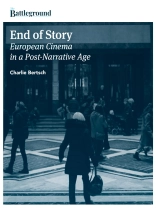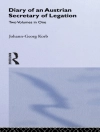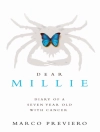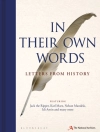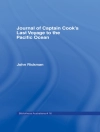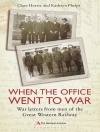End of Story makes a case for the importance of feature-length films at a time when they are in danger of being rendered obsolete.
Young people supposedly lack the attention span to watch them from start to finish, while their elders prefer to stay at home binge-watching television series. But it is precisely because feature films demand sustained focus that they can bypass the culture of perpetual distraction that afflicts us today.
Whether writing about universally ackno...
End of Story makes a case for the importance of feature-length films at a time when they are in danger of being rendered obsolete.
Young people supposedly lack the attention span to watch them from start to finish, while their elders prefer to stay at home binge-watching television series. But it is precisely because feature films demand sustained focus that they can bypass the culture of perpetual distraction that afflicts us today.
Whether writing about universally acknowledged classics such as
Red Desert and
The 400 Blows; less celebrated works equally deserving of fame such as
Black Girl and
Daisies; or recent films that reaffirm the legacy of a distinctly European cinema that resists Hollywood, such as
Fish Tank and
The White Ribbon,
End of Story teaches us how to watch with fresh eyes.
Charlie Bertsch draws upon decades of experience as a journalist and academic to illuminate the motion pictures he discusses. Zeroing in on details reviewers typically overlook, he demonstrates how examining films on their own terms is the best way to realise their potential as tools for political and social critique.
